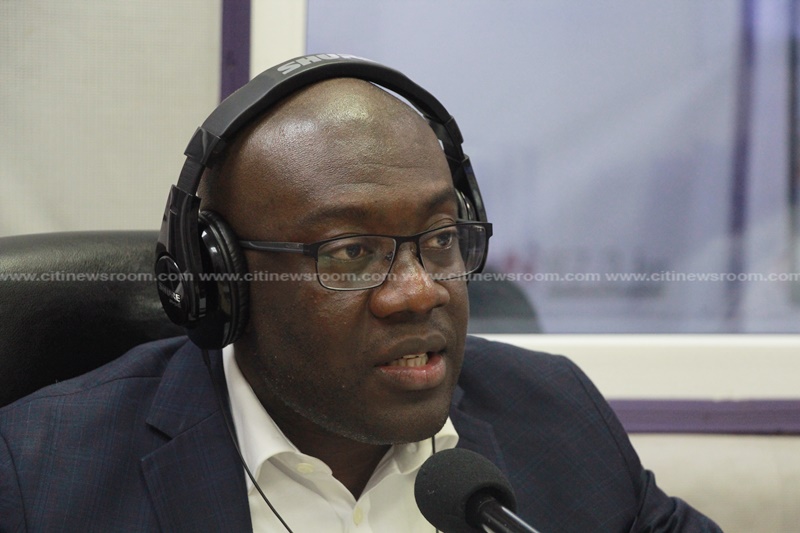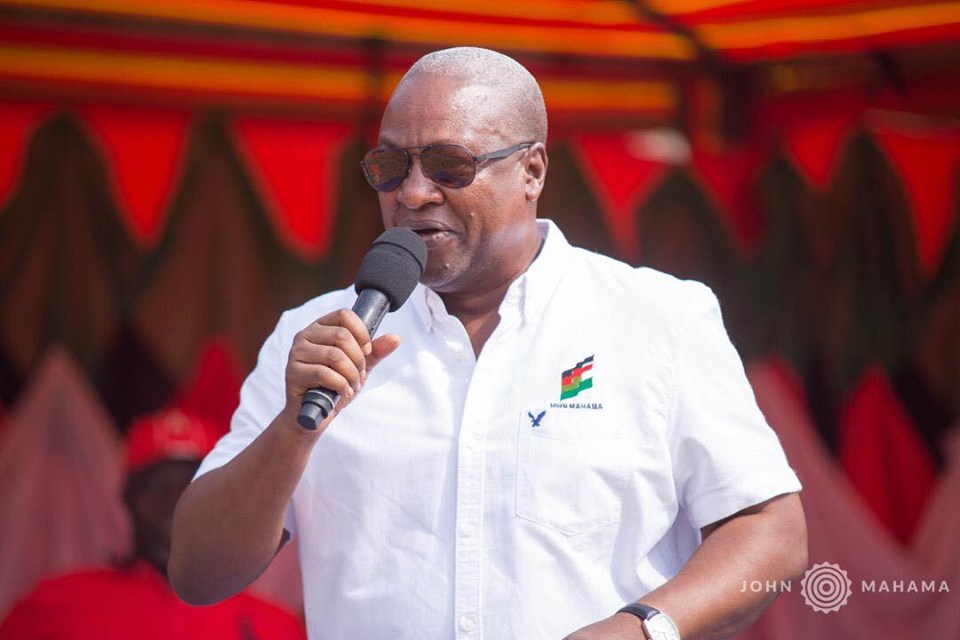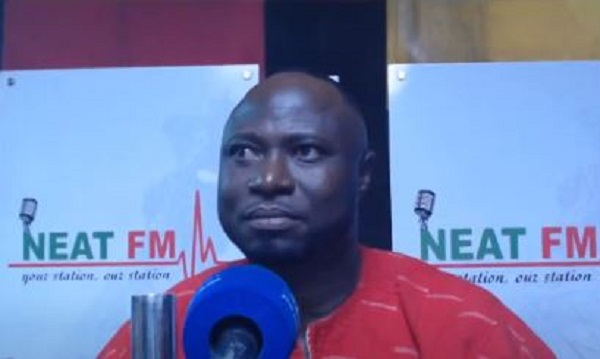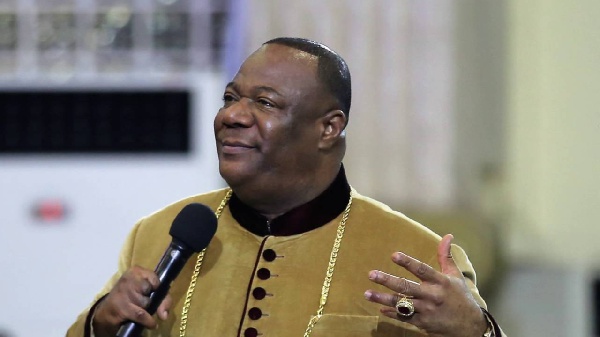
Government to engage used car dealers to distribute cars assembled in Ghana

The government has assured that local car dealers that they will not be left out in the cold when the ban on salvaged vehicles and used vehicles older than 10 years comes into force.
The Automobile Dealers Union Ghana is opposed to the government’s new policy which will take effect with the passage of the Customs Amendment Bill.
Concerns have also been raised about the potential job losses among second-hand car dealers as Ghana moves to the next stage of its Automotive Development Policy.
Speaking on Eyewitness News, the Information Minister, Kojo Oppong Nkrumah said the government has plans to make second-car dealers distributors of the cars assembled in Ghana by international automobile firms expected to begin work in 2020.
“We have an opportunity to explore ways of onboarding them to become the new dealers of these vehicles [assembled in Ghana] so, in the end, we are able to develop a local industry for cars manufactured here in Ghana, create jobs and create incomes and bring more safety on our roads,” he explained.
On the consumer side, the Minister also noted that the government will be keeping an eye on the prices of the cars that will be assembled in Ghana by the international automobile manufacturing firms.
“In the investment plan that they will bring, which we will approve, we will negotiate with them on the sales parameters and the sales prices so that we are assured that they are not pricing out the Ghanaian,” Mr. Oppong Nkrumah assured.
Ghana put in place the Automotive Development Policy to provide the necessary framework to establish assembly and manufacturing capacity in Ghana.
Toyota, Suzuki, Volkswagen, Nissan and Sinotruk are among the major automobile companies with an interest in Ghana, with some set to begin operations in 2020.
The Akufo-Addo administration wants the Ghana Automotive Manufacturing Development Programme to boost employment and offer an import substitution and export promotion to improve the balance of payment.
Potential losses
According to the joint report of the joint committee on Finance and Trade, Industry and Tourism, the government has predicted an estimated revenue loss of GHS802 million over the next three years if the various bans are instituted.
This was a point of concern for the MP for Tamale Central, Inusah Fuseini, who called for the withdrawal of the Bill.
“This obviously will be too much for this country. For three years you are losing [almost GHS1 billion.]There is no guarantee that we will be able to reclaim this GHS1 billion through the employment that will be created,” he argued in Parliament.
Source: citifmonline.com






